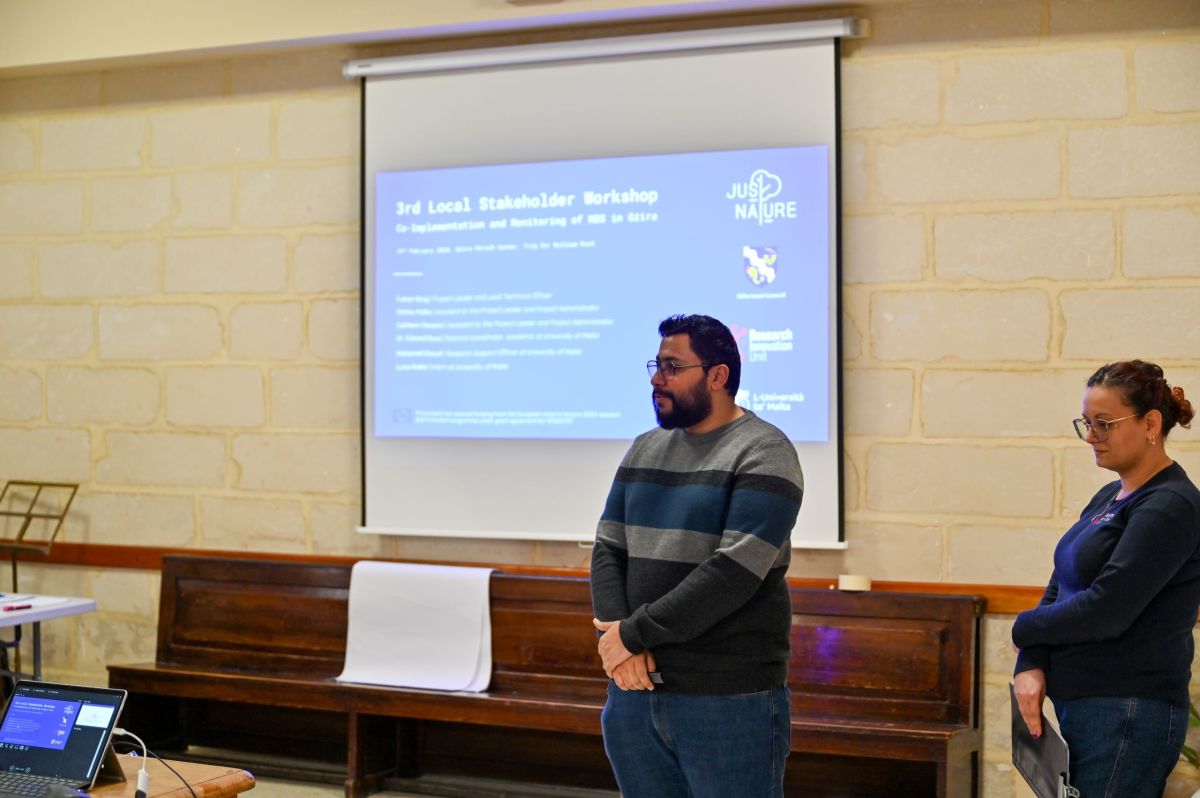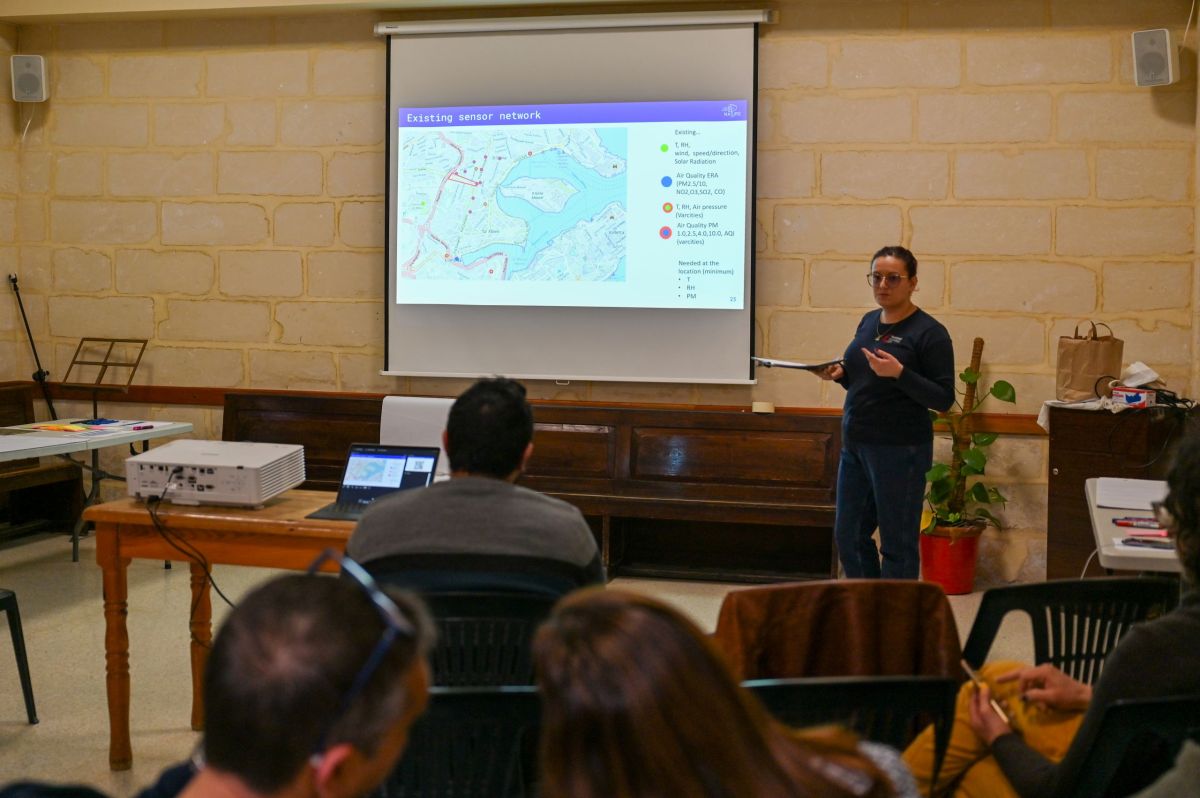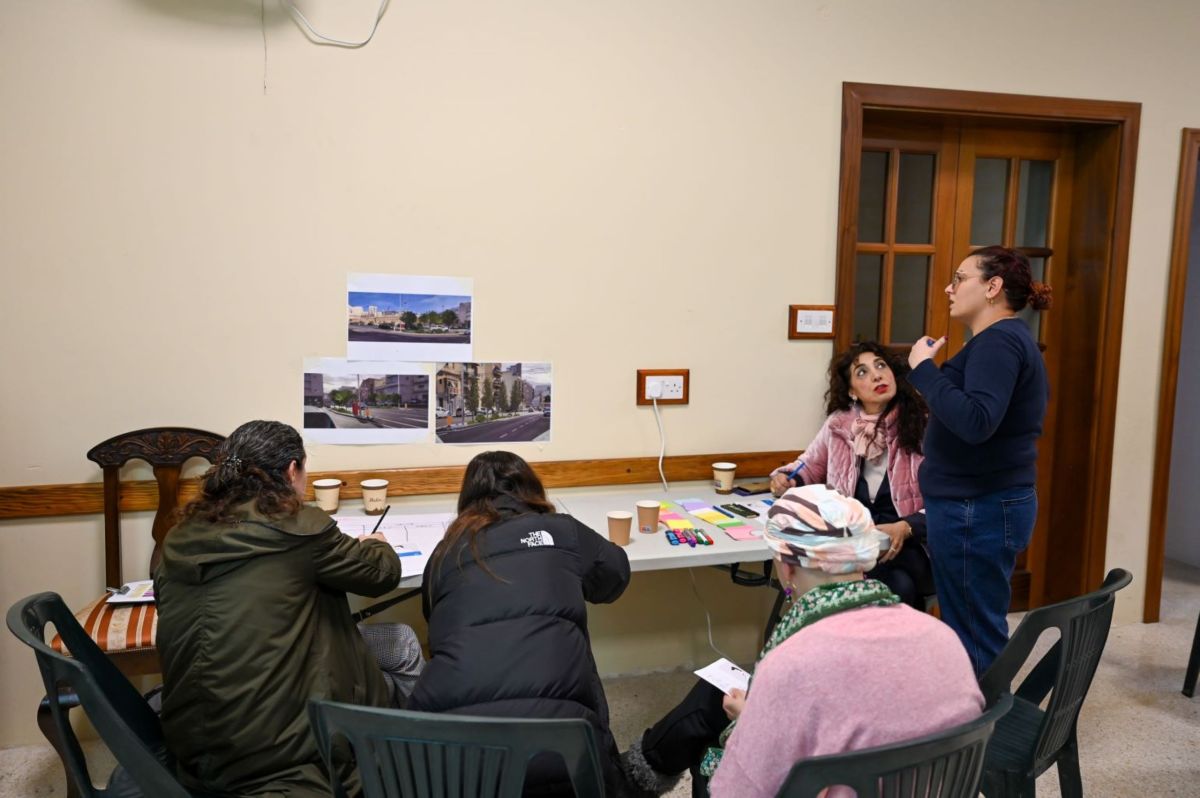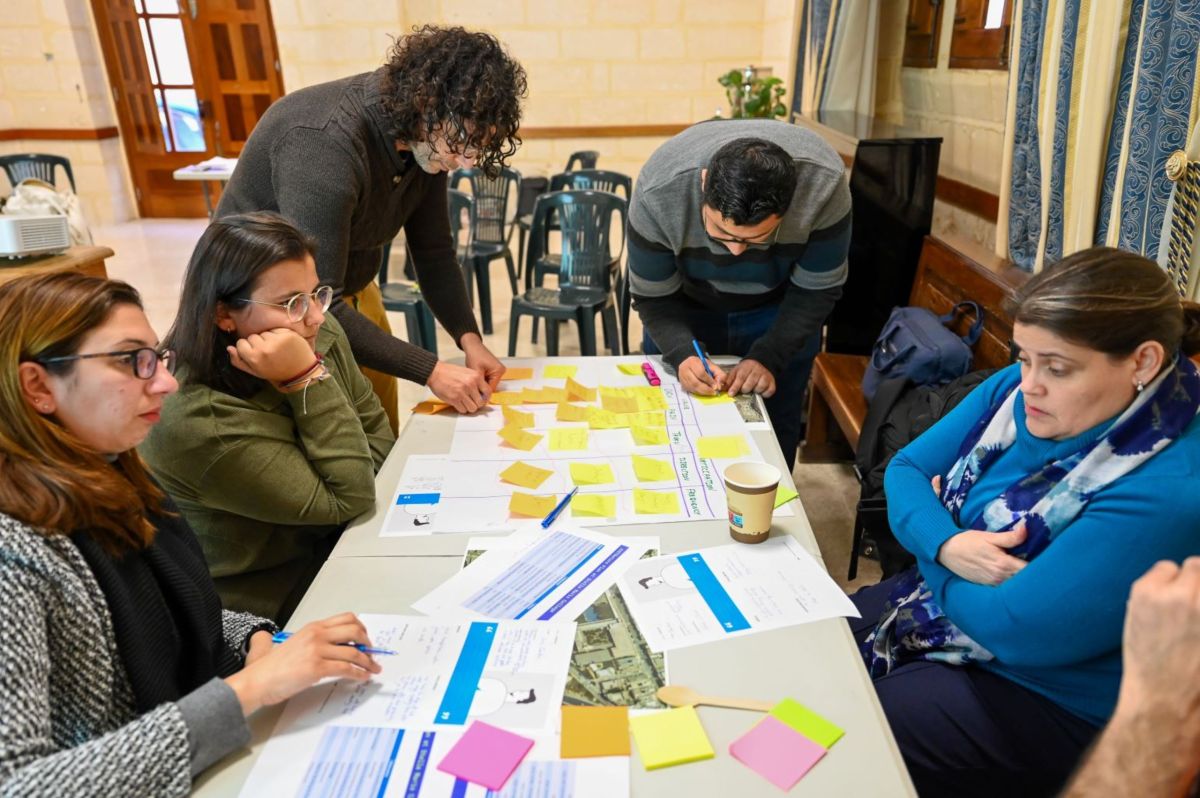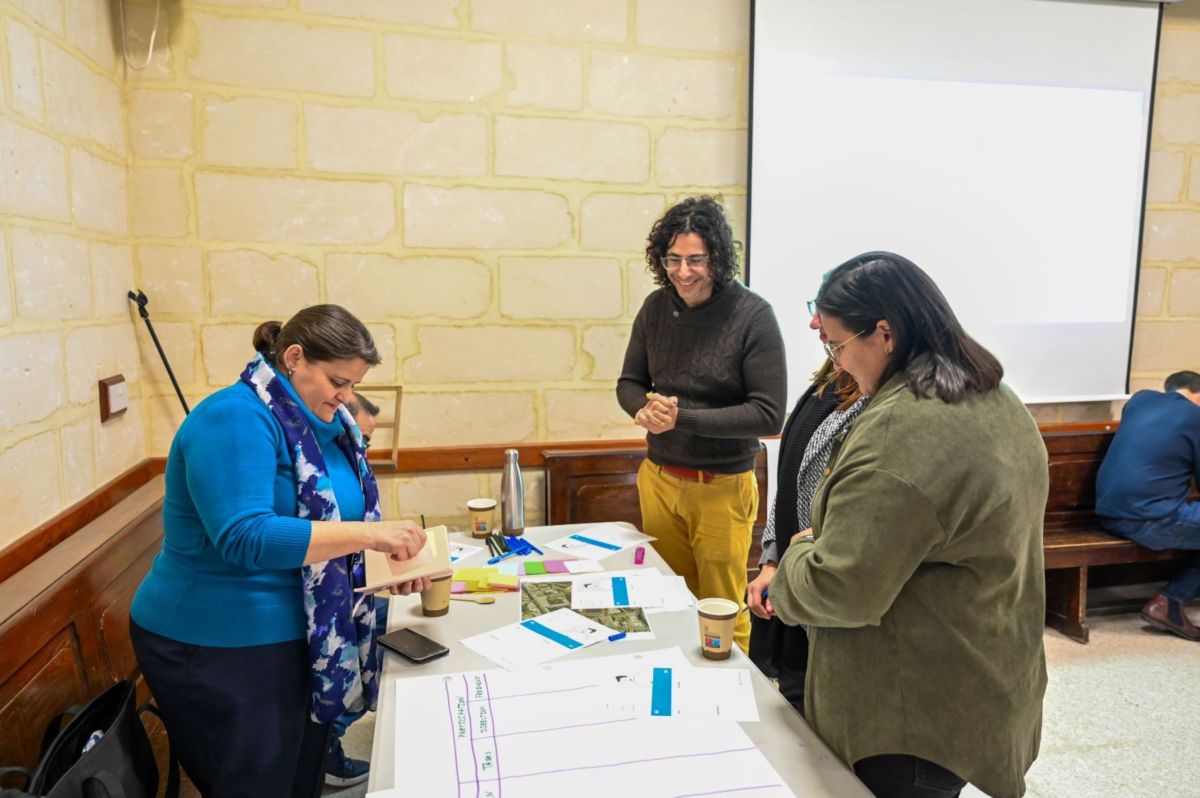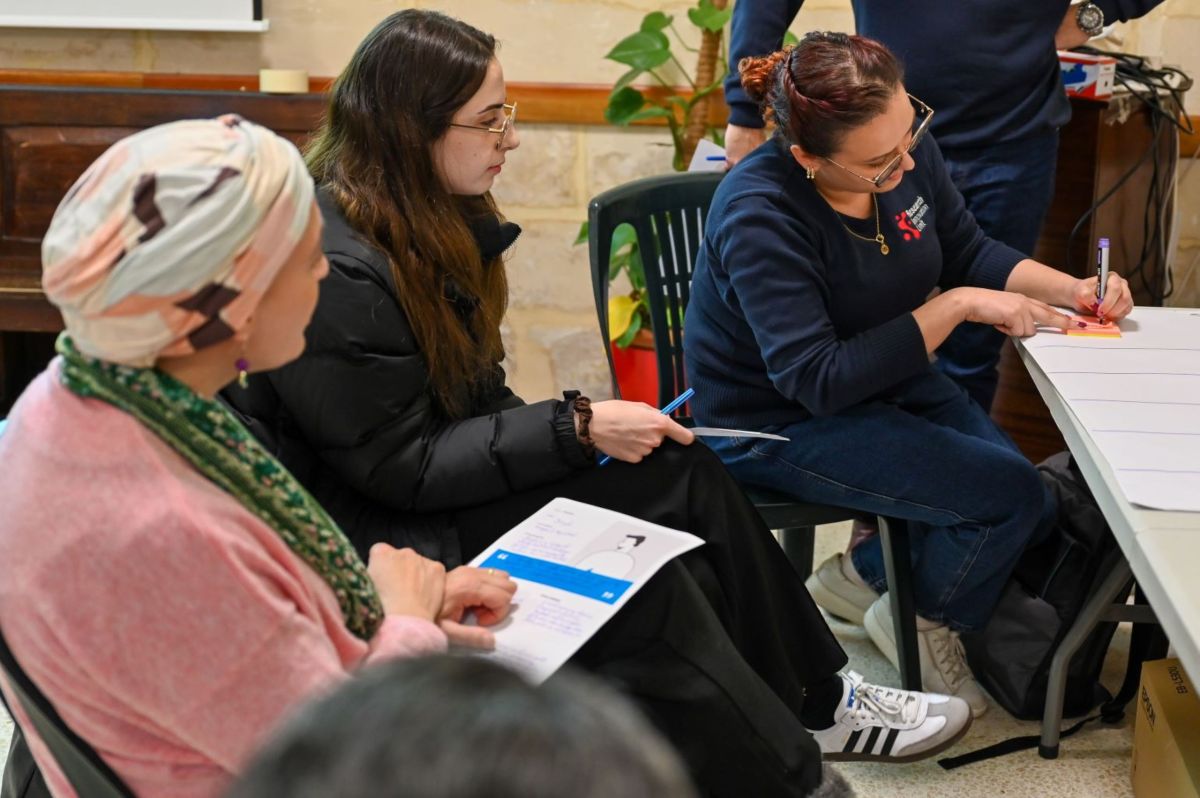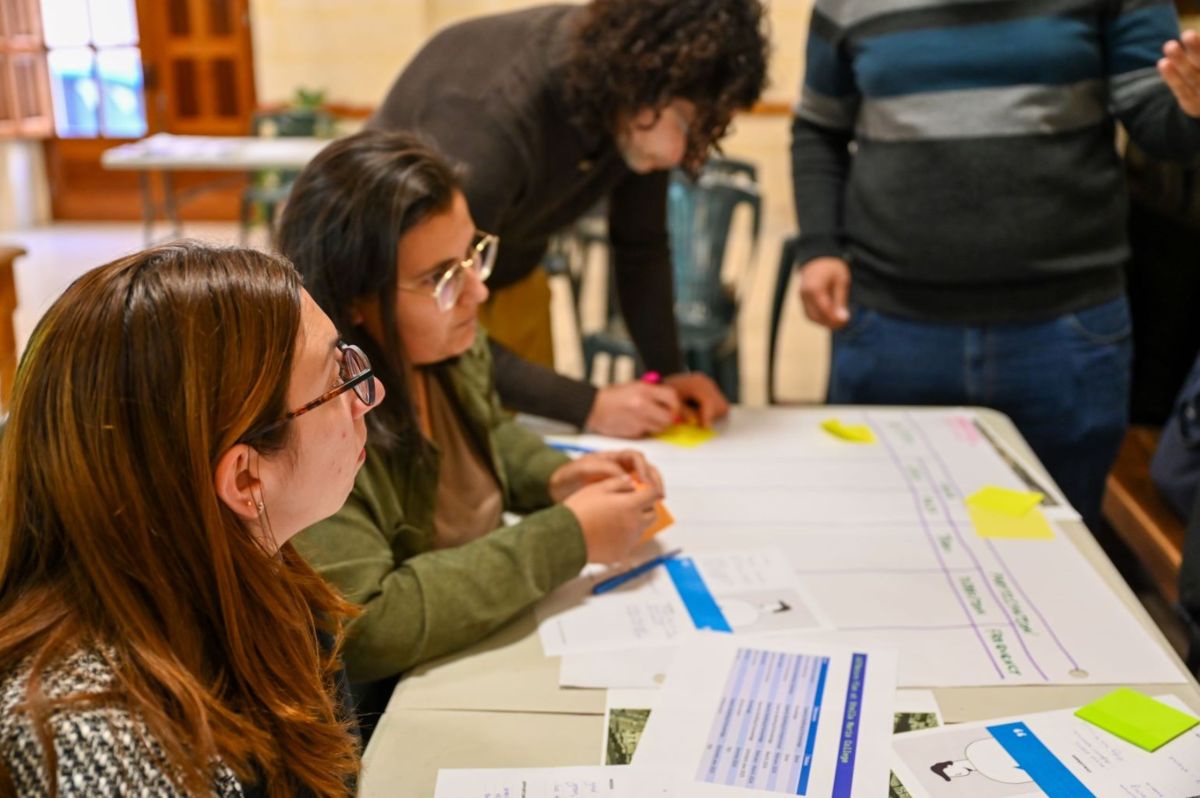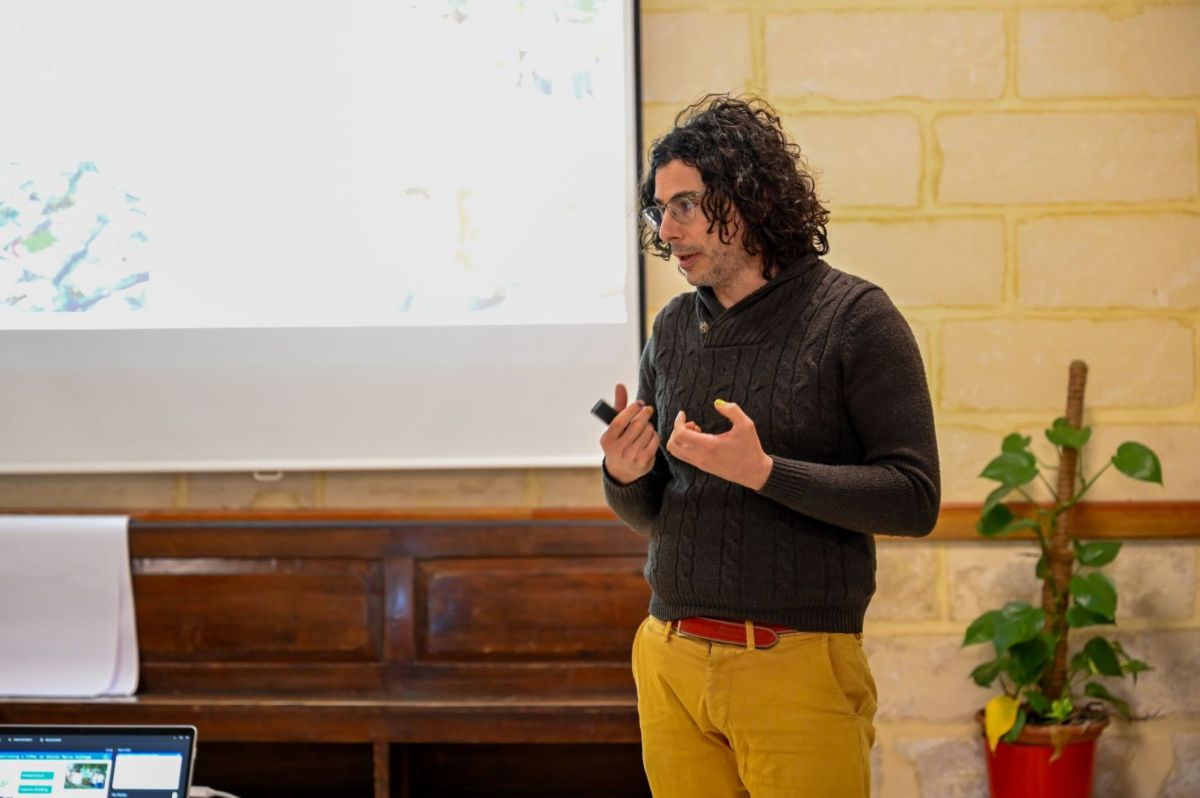The second session focused on the importance of monitoring and evaluating the progress of our interventions. We explained that with the use of sensors, we would be monitoring the environmental impact of the intervention. But how would we be able to monitor the social impact of the intervention?
In order to tackle this issue, we separated our stakeholders into two groups to discuss two interventions and their social impact. We set our stakeholders to create personas of people to help them envision the needs and difficulties that users may face when utilizing our interventions. The goal is for stakeholders to recognize that different users may have varying needs, gains, and pains in their daily lives. It was a very fruitful discussion, and our stakeholders realized that their needs might be different from those of a resident, a student or a driver.
We concluded our workshop by discussing the next steps, including the procurement of sensors and the tender process for implementing our Nature-Based Solutions.

